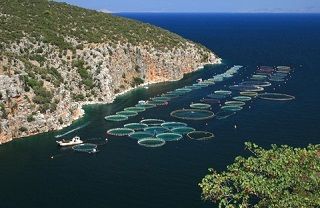Environmentalism Quite Popular Internationally

There are other important differences between the Dutch and Americans, one of which is the former’s appreciation for classical music. Here’s a wonderful performance featuring a young girl with a fabulous voice, performing an aria of Puccini: “O Mio Babbino Caro” to a packed audience in an outdoor theater in Maastricht (pictured above); this is something that would be exceedingly rare in the U.S.









